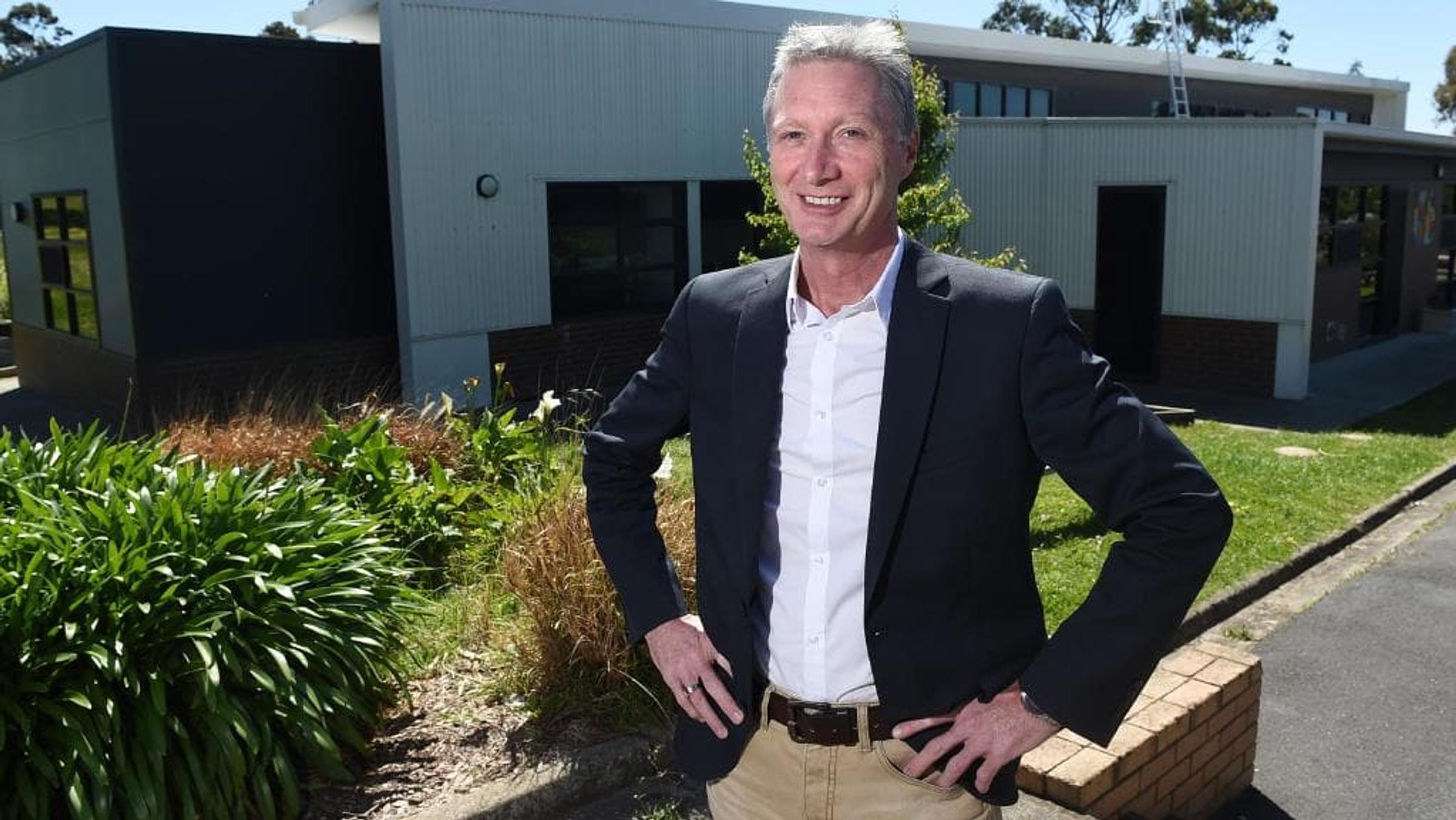Student Support Group Meetings
In the last two weeks of each term, teachers meet with parents to review students’ Individual Education Plans. Goals and standard targets are reviewed, discussed, and renewed. SSGs provide opportunity for reflection, feedback and co-construction of student pathways, and the strengthening of school-home partnerships. More than 60 meetings were scheduled.
School Tours
This year, hard-copy brochures and posters were not delivered by hand to preschools. Soft copies were emailed. Tours commenced March 6th with 23 families having already visited. We anticipate two Foundation grades of 18-20 students in 2025.
Capped at 250 Enrolments
Le Page Primary School will reach its capacity of 250 students in 2025. Current parents with younger children starting school in 2025 are encouraged to submit an enrolment form as soon as possible. This will assist Brooke Sheppard, in processing placements based on numbers within and out of the school zone. Siblings of current students will be guaranteed a placement, even if living outside the school zone.
TeamKids
Parents have expressed concerns regarding billing delays, student management and staff-student ratios. All complaints have been forwarded to TeamKids management. TeamKids will meet with the school early in Term 2, to review the program and its operations and processes.
Gould League
A Department of Education team will meet with Le Page Primary School mid-April to share developments pertaining to the long-term management and location of the education provider.
Staffing Update
Richard Earl will be returning from parental leave at the start of Term 2. Narelle Diggins will return at the start of Term 2 also. Le Page Primary is still seeking to employ an Occupational Therapist and will recruit additional Education Support Staff to work particularly in the Year 1-2 cohort.
Uniform Survey
80% of responses endorsed the possible switch from Primary School Wear to State Schools’ Relief. Momentum will now develop as the uniform team consults with SSR regarding uniform item materials, styles, cost and purchasing and delivery options, before an informed decision is made next term.
NAPLAN
NAPLAN is complete for 2024. Parents with Year 3 and 5 children will receive a report of their children’s results later in the year. Each assessment is marked against the proficiency standards: Needs Additional Support, Developing, Strong and Exceeding.
Curriculum Day April 26
During the last Curriculum Day, the focus was developing a multi-tiered system of support for behaviour and wellbeing. This is a large project undertaken by the staff. Project work will continue into Term 3 with much being achieved on the next Curriculum Day April 26. Finalised documentation will be shared with the community.
Home Reading - Clarifying Expectations for Parents
At each year level the staff are reviewing the expectations of student home-reading and the use of diaries. Clear and consistent information will be communicated to parents in Term 2.
Promoting Curriculum Content and Student Achievement Goals for Parents
The staff are reviewing modes of communication via which learning intentions and success criteria of units of study can be more accessible for parents. The newsletter, website and Compass will frame the reform. Announcements will be made in Term 2 informing parents how to tap into the feeds and posts. This will support parents wanting to check the teaching and learning, and to help gauge their children’s capacities and knowledge banks in subject areas.
Ramps
Next Term, external ramps throughout the school, including the wooden ramp to the hall will be repaired or replaced. This is a government initiative and when finished, will supplement the school’s safety upgrade and beautification process.
Fence for the Chickens
Shortly, the chickens will have a larger space. The Chicken Palace will be fenced and provide safety for the chickens to roam outside their dwelling.
We are all working on Habit 1 – Be Proactive
Covey distinguishes between pro-active people – people who focus their efforts on things which they can do something about – and reactive people, who blame, accuse, behave like victims, pick on other people’s weaknesses, and complain about external factors over which they have no control (for example, the weather). Pro-active people are responsible for their own lives. Covey breaks down the work responsibility into two parts: response (especially choosing a response) and ability. Pro-active people recognise their responsibility to make things happen. Those who allow their feelings to control their actions have abdicated responsibility and empowered their feelings. When pro-active people make a mistake, they not only recognise it as such and acknowledge it, but they also correct it if possible and, most importantly, learn from it.
Have a great weekend everyone.
George Danson


